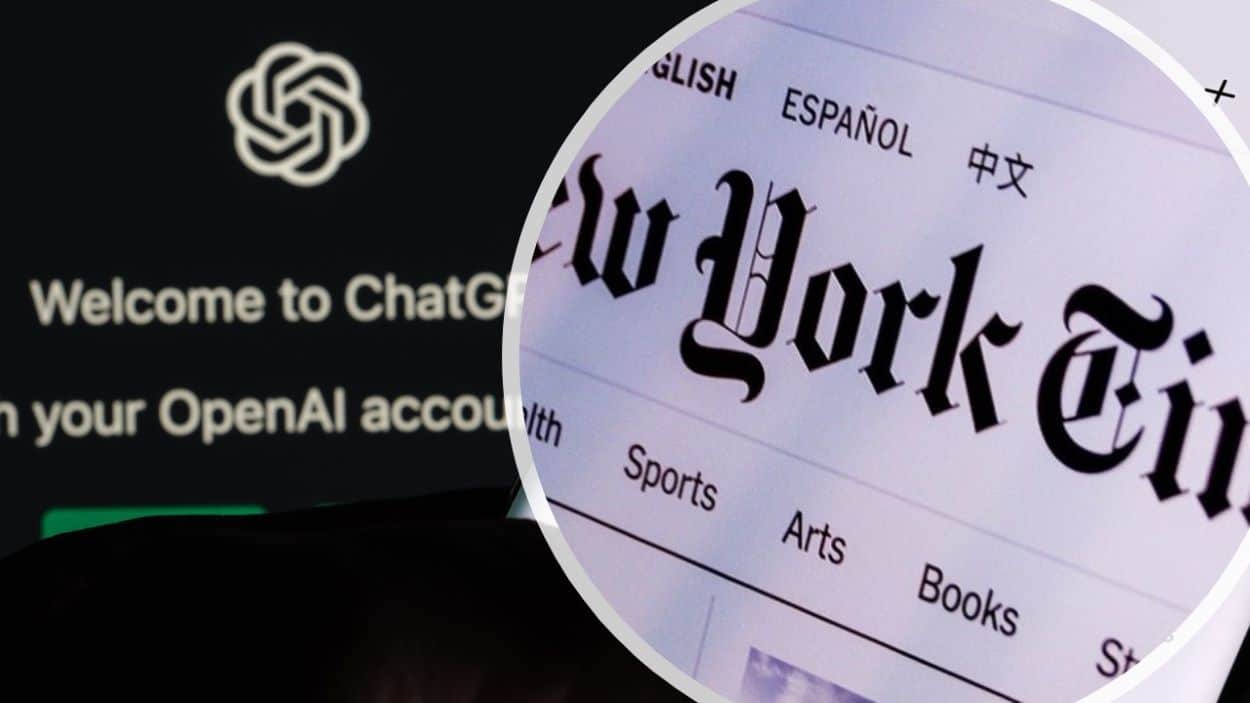The New York Times has initiated legal action against OpenAI and Microsoft, alleging unauthorized use of its articles.
The lawsuit claims that millions of newspaper articles were used to train AI chatbots like ChatGPT and Bing Chat (now Copilot), infringing on copyright laws. The lawsuit marks the first instance of a major U.S. media organization taking legal steps against these tech giants for such issues.
The complaint, filed in Manhattan federal court, accuses OpenAI and Microsoft of leveraging The Times’s journalistic efforts to develop alternative information delivery systems, undermining the newspaper’s audience and revenue streams.
The Times criticizes the defendants’ stance on ‘fair use,’ challenging the notion that using copyrighted content to train AI products is permissible without compensation. While not specifying an exact figure, the Times estimates its damages to be billions.
Broader Impact and Legal Context
This lawsuit highlights the growing tension between AI companies and content creators. OpenAI, valued at over $80 billion, and Microsoft, which has invested heavily in OpenAI’s for-profit subsidiary, are under scrutiny for their methods of training AI systems. The case also references other legal actions against these companies, including lawsuits by novelists and comedians, underscoring the widespread concern over AI’s use of copyrighted material.
The New York Times, which has successfully increased its digital subscriber base despite challenges in the media industry, argues that AI chatbots divert traffic from its platforms and propagate misinformation.
Instances of chatbots providing information falsely attributed to The Times or its Wirecutter product review website have been cited as examples of this issue. Previous discussions between The Times and the defendants to resolve these matters outside court did not yield a solution, leading to the current legal proceedings.






